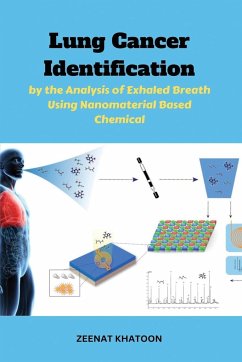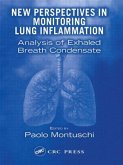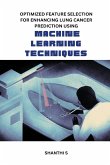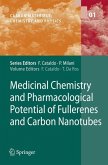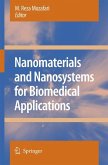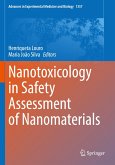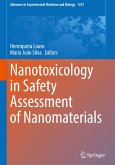Lung cancer is one of the leading causes of cancer-related deaths worldwide, and early diagnosis is crucial for effective treatment. Exhaled breath analysis is a promising non-invasive approach for the early detection of lung cancer. The analysis of volatile organic compounds (VOCs) in exhaled breath can provide valuable information on the presence of cancer biomarkers. Nanomaterial-based chemical sensors have emerged as a potential solution for the accurate detection of VOCs in exhaled breath. These sensors can detect VOCs with high sensitivity and selectivity, and their small size and low power consumption make them suitable for point-of-care diagnosis. The combination of nanomaterial-based chemical sensors with machine learning and artificial intelligence algorithms can enhance the accuracy and reliability of lung cancer diagnosis. These algorithms can identify patterns in the VOCs data that are characteristic of lung cancer, leading to improved diagnostic accuracy and personalized treatment options. Overall, the use of nanomaterial-based chemical sensors for exhaled breath analysis offers a promising approach for the early detection of lung cancer. This approach has the potential to revolutionize cancer diagnosis and improve patient outcomes through precision medicine.

